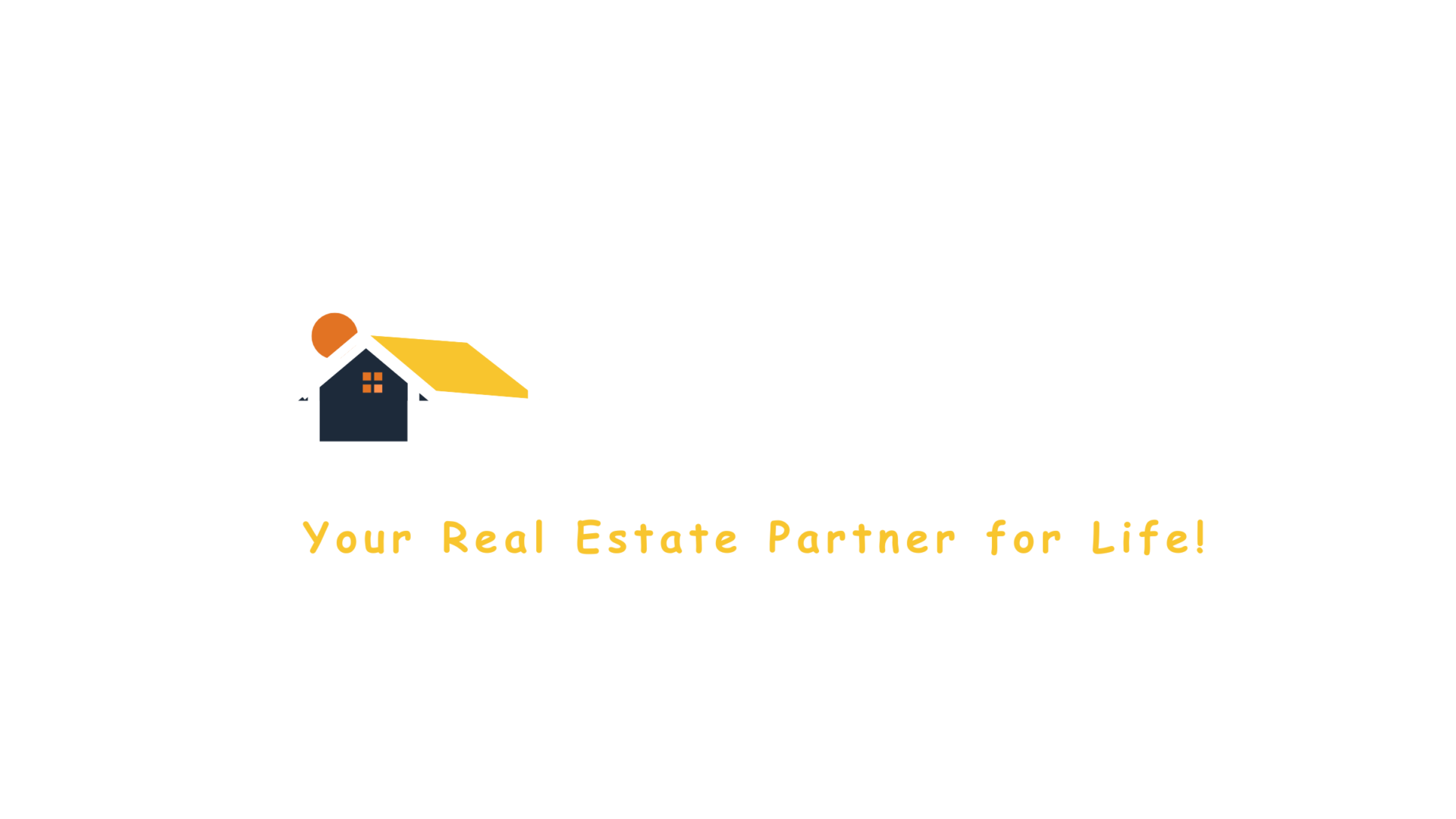
alicianevile6
About alicianevile6
Chasing Jackpots: A Deep Dive into Casino Road and its Gambing Scene
Chasing Jackpots: A Deep Dive into Casino Road and its Gambling Scene
Casino Road, a thoroughfare often whispered about in hushed tones, evokes a mixture of excitement and trepidation. While not technically a ”casino” in the grand Vegas sense, the area, particularly in parts of the United States, has become synonymous with gambling culture, albeit one often operating in the shadows.
While not technically a ”casino” in the grand Vegas sense, the area, particularly in parts of the United States, has become synonymous with gambling culture, albeit one often operating in the shadows. This article delves deep into the multifaceted world of Casino Road, exploring its history, its unique ecosystem of establishments, the social impact of its gambling scene, and the legal complexities surrounding it. We’ll examine the allure that draws people to its fringes, the games they play, and the realities they face, painting a comprehensive picture of this controversial yet captivating landscape.
This article delves deep into the multifaceted world of Casino Road, exploring its history, its unique ecosystem of establishments, the social impact of its gambling scene, and the legal complexities surrounding it. We’ll examine the allure that draws people to its fringes, the games they play, and the realities they face, painting a comprehensive picture of this controversial yet captivating landscape.
The Origins of Casino Road’s Gambling Culture
The rise of gambling around Casino Road isn’t a singular event, but rather a gradual accretion of factors. In many regions, Casino Road often finds itself near industrial areas or transportation hubs, attracting a transient population seeking entertainment and, perhaps, a quick fortune. The historical context is crucial. Often, these areas sprung up where economic opportunities were limited, and the promise of easy money, howeverillusory, became a powerful draw. The lack of stringent regulations, at least initially, allowed smaller gambling establishments to thrive, catering to a specific demographic – the working class, the risk-takers, and those seeking an escape from the mundane. This isn’t to say that organized crime is always directly involved, but the informal nature of the environment certainly creates vulnerabilities that can be exploited. Over time, the reputation of the area solidified, attracting more individuals and establishments, thus perpetuating the cycle.
The types of gambling available on or near Casino chicken road guide are varied. One is the informal gambling dens. These are often private establishments where illegal gambling takes place, and it can range from poker games to dice games. There are also sweepstakes cafes. These often masquerade as internet cafes. They offer computer-based games that simulate casino games, but customers buy internet time that comes with ”free” entries into sweepstakes where they can win cash prizes. Although the legality varies by jurisdiction, they often operate in a grey area, and their activities can closely resemble illegal gambling. There are also legal card rooms and casinos. In some areas, state-licensed card rooms or casinos may be situated nearby or have a connection to the Casino Road area. These establishments operate under specific regulations and offer a more controlled gambling environment. Finally, there are underground games. These are informal gambling events that happen in private residences or other temporary locations, typically offering poker or other card games.
The Ecosystem of Casino Road Establishments
The gambling scene around Casino Road isn’t limited to traditional casinos. Instead, it’s a complex ecosystem of establishments, each catering to a specific niche.
Sweepstakes Cafes: A Grey Area
Sweepstakes cafes are a common sight. These establishments operate under the guise of selling internet time, but in reality, they offer computer-based games that mimic slot machines and other casino games. Customers purchase ”internet time” and receive ”free” entries into sweepstakes, where they can win cash prizes. This model allows them to circumvent traditional gambling laws in many jurisdictions. The legality of sweepstakes cafes is often contested, with some states banning them outright and others allowing them to operate under strict regulations. This legal ambiguity creates a volatile environment, with frequent raids and closures. Despite the risks, these cafes remain popular due to their accessibility and the perceived opportunity to win money with minimal investment.
Informal Gambling Dens: Operating in the Shadows
Beyond the semi-legal sweepstakes cafes lie the informal gambling dens. These clandestine operations are often tucked away in back rooms, private residences, or unmarked storefronts. They offer a range of gambling activities, from poker games and dice games to illegal slot machines. These dens operate entirely outside the law and are often associated with organized crime. The atmosphere is typically tense and secretive, attracting a clientele seeking high-stakes gambling and a sense of danger. The risks are significant, including potential arrest, violence, and exploitation.
Legal Card Rooms and Casinos: A Regulated Alternative
In some regions, licensed card rooms and casinos operate in close proximity to or even directly on Casino Road. These establishments offer a more regulated and controlled gambling environment, adhering to state laws and regulations. They typically offer poker, blackjack, and other card games, and may also feature slot machines and other casino games. While these legal establishments provide a safer and more transparent gambling experience, they can also contribute to the overall gambling culture of the area, attracting a wider range of players.
| Establishment Type | Legality | Games Offered | Risk Level |
|---|---|---|---|
| Sweepstakes Cafes | Grey Area (Varies by Jurisdiction) | Computer-based casino simulations | Moderate (Legal Risks) |
| Informal Gambling Dens | Illegal | Poker, Dice, Illegal Slot Machines | High (Arrest, Violence, Exploitation) |
| Legal Card Rooms/Casinos | Legal (Licensed) | Poker, Blackjack, Slot Machines | Low (Regulated Environment) |
The Social Impact of Gambling on Casino Road
The presence of a vibrant gambling scene on Casino Road has significant social consequences, impacting individuals, families, and the community as a whole. While the allure of easy money can be tempting, the reality is often far more complex and damaging.
Problem Gambling and Addiction
The accessibility of gambling on Casino Road significantly increases the risk of problem gambling and addiction. The constant exposure to gambling opportunities, coupled with the social environment that normalizes gambling behavior, can make it difficult for individuals to resist the urge to gamble. Problem gambling can lead to a range of negative consequences, including financial ruin, relationship problems, mental health issues, and even suicide. The lack of resources and support services in the area can further exacerbate the problem, leaving individuals and families struggling to cope with the devastating effects of addiction.
Crime and Violence
The informal and often unregulated nature of the gambling scene on Casino Road can contribute to an increase in crime and violence. Illegal gambling dens attract criminal elements, and the high stakes involved can lead to disputes and conflicts. Robbery, assault, and other violent crimes are not uncommon in these areas. The presence of organized crime can further exacerbate the problem, creating a climate of fear and intimidation. The social fabric of the community can be eroded as residents become wary of interacting with strangers and avoid certain areas altogether.
Economic Exploitation
While some residents may believe that gambling provides economic opportunities, the reality is often one of exploitation. Many individuals who gamble on Casino Road are low-income and vulnerable, and they can easily be taken advantage of by unscrupulous operators. Sweepstakes cafes and illegal gambling dens often prey on these individuals, enticing them with the promise of easy money while draining their resources. The lack of financial literacy and access to responsible financial services can make it even more difficult for these individuals to escape the cycle of poverty and exploitation.
Community Degradation
The presence of a thriving gambling scene can negatively impact the overall quality of life in the Casino Road area. Increased crime, traffic congestion, and noise pollution can degrade the environment and make it less desirable to live in. Property values may decline, and businesses may struggle to attract customers. The community can become stigmatized, further isolating residents and hindering efforts to improve the area. The lack of investment in social services and infrastructure can further exacerbate the problem, creating a cycle of decline.
Legal Complexities and Enforcement Challenges
The legal landscape surrounding Casino Road’s gambling scene is often complex and fraught with challenges. The patchwork of state and local laws, coupled with the ingenuity of operators seeking to circumvent regulations, creates a constant battle for law enforcement agencies.
State and Local Laws
Gambling laws vary significantly from state to state and even from city to city. Some states have legalized casinos and other forms of gambling, while others maintain strict prohibitions. Even in states where gambling is legal, there are often strict regulations governing the operation of casinos and other gambling establishments. Sweepstakes cafes and other similar businesses often operate in a grey area, exploiting loopholes in the law and challenging the definition of gambling.
Enforcement Challenges
Law enforcement agencies face numerous challenges in combating illegal gambling on Casino Road. The clandestine nature of informal gambling dens makes them difficult to detect and raid. Sweepstakes cafes often operate under the guise of legitimate businesses, making it difficult to prove that they are engaging in illegal gambling activities. The lack of resources and the complexity of gambling laws can further hinder enforcement efforts. Even when illegal gambling operations are shut down, they often reappear quickly, making it difficult to eradicate them completely.
Federal Involvement
In some cases, federal law enforcement agencies may become involved in combating illegal gambling on Casino Road, particularly when organized crime is involved. Federal laws prohibit certain types of gambling activities, such as sports betting and online gambling, and they also provide tools for investigating and prosecuting money laundering and other financial crimes associated with gambling. Federal involvement can bring additional resources and expertise to the fight against illegal gambling, but it can also be complex and time-consuming.
The Allure of Casino Road: Why People Gamble
Despite the risks and negative consequences, Casino Road continues to attract gamblers from all walks of life. Understanding the underlying motivations that drive people to gamble is crucial for addressing the problem and developing effective solutions.
The Hope of Winning Big
For many, the primary motivation for gambling is the hope of winning big. The allure of instant wealth and the chance to escape financial hardship can be incredibly powerful. Even though the odds are stacked against them, gamblers often believe that they can beat the system and come out on top. This belief is often reinforced by anecdotal stories of people who have won large sums of money gambling.
The Thrill of the Risk
For others, the thrill of the risk is the primary draw. The adrenaline rush that comes with betting money on an uncertain outcome can be addictive. This is particularly true for high-stakes gamblers who thrive on the excitement and pressure of potentially losing large sums of money.
Escapism and Entertainment
For some, gambling is a form of escapism and entertainment. It provides a temporary distraction from the stresses and challenges of everyday life. The social atmosphere of a casino or gambling den can also be appealing, offering a sense of community and belonging.
Desperation and Economic Need
For others, gambling is a desperate attempt to improve their financial situation. Faced with poverty, unemployment, or debt, they may see gambling as the only way to escape their predicament. This is particularly true in areas like Casino Road, where economic opportunities are limited.
The Future of Casino Road: Challenges and Opportunities
The future of Casino Road’s gambling scene is uncertain, but it is clear that the area faces significant challenges. Addressing these challenges requires a multi-faceted approach that involves law enforcement, community organizations, and policymakers.
Strengthening Law Enforcement
Strengthening law enforcement efforts is crucial for combating illegal gambling on Casino Road. This includes increasing resources for investigations, improving coordination between state and local agencies, and enacting stronger laws and penalties for illegal gambling activities.
Community Development and Economic Opportunity
Investing in community development and creating economic opportunities is essential for reducing the demand for gambling on Casino Road. This includes providing job training, affordable housing, and access to social services.
Education and Prevention
Educating the public about the risks of problem gambling and providing prevention programs is crucial for reducing the incidence of gambling addiction. This includes raising awareness about the signs and symptoms of problem gambling, providing resources for individuals and families affected by gambling addiction, and promoting responsible gambling practices.
Responsible Regulation
If gambling is permitted in the area, implementing responsible regulations is essential for minimizing the negative social and economic impacts. This includes setting limits on the number of gambling establishments, restricting advertising, and providing resources for problem gamblers.
The future of Casino Road hinges on a balanced approach that acknowledges the complex interplay of economics, social issues, and law enforcement. Ignoring the issue or relying solely on suppression tactics is unlikely to yield long-term success.
No listing found.
